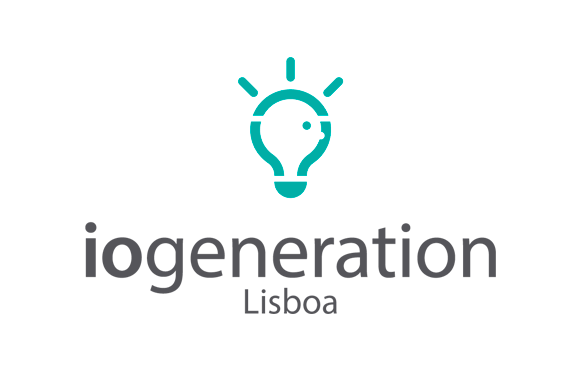A team of researchers from CINTESIS will begin a pilot study aimed at reducing iodine deficiency in school-age children. The intervention project will involve more than 700 children between 6 and 12 years of age from a group of schools in the center of Lisbon. The study will start during the week of October 16, the World Food Day.
The study is integrated in the European project IoGeneration that received half a million euros from European funds to assess the state of iodine in Portugal. The results of this evaluation were alarming. “IoGeneration revealed that one-third of Portuguese children aged 6 to 12 years have insufficient levels of iodine, which may compromise their cognitive development,” recalls Conceição Calhau, a researcher at CINTESIS and a professor at the NOVA Medical School, in Lisbon.
For that reason, the IoGeneration leader decided that the project could not stop at that point. After presenting a proposal for national supplementation to the Parliamentary Health Commission, she joined forces with the Directorate General of Education (DGE), the Directorate General of School Facilities (DGEstE in Portuguese) and with the School Grouping D. Filipa de Lencastre (Lisbon) to operationalize an intervention pilot study to test a strategy to correct children’s iodine levels. “The goal is for this strategy to present positive results in children’s health, and then be replicated throughout the country,” said Conceição Calhau.
Thus, in the week beginning with the World Food Day (October 16), the research team kicks off the project by collecting the first urine samples from the students. The goal is to assess children’s iodine levels before school food is changed.
Then, throughout the school year, the research team will support the Directorate General of School Facilities (DGEstE) in the monitoring of meals in the school canteen, to ensure that students eat at least one meal rich in iodine.
“Education sessions will also be held with parents to raise awareness of the problems arising from the lack of iodine and the best ways to counteract this deficiency,” adds Diogo Pestana, who is also part of the team that will work on the ground. The idea is to increase the literacy levels of parents and educators regarding iodine consumption and to boost behavior changes.
Final tests, which will allow comparisons of iodine levels and overall development of children before and after the intervention study, will be conducted at the end of the school year.
The daily requirement of iodine is between 90 and 150 micrograms, depending on the age of the child. This is a key micronutrient for the healthy development of the brain and the nervous system in children.

